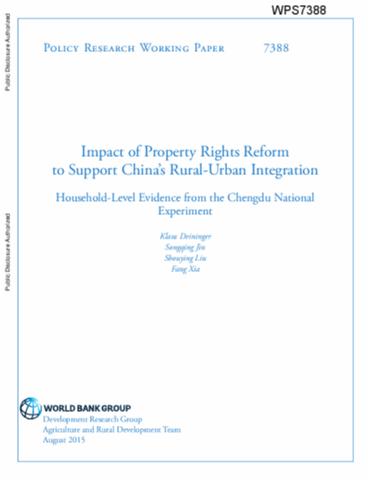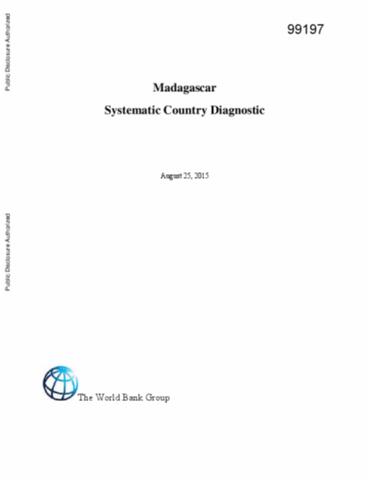De tribulaciones a tribunales: Reconstitución de la nación Qhara Qhara
Este artículo se basa en la conversación sostenida con el ex quraca Samuel Flores, de la marka Quila Quila, nación Qhara Qhara. Este pueblo de habla quechua habita en el departamento de Chuquisaca.La ex autoridad originaria cuenta las experiencias de su nación en la exigencia del saneamiento de su territorio. Gracias a su experiencia y su memoria, aquí compartimos las estrategias, experiencias y lecciones del caso para reflexionar sobre los derechos fundamentales de los pueblos indígenas al exigir sistemas de justicia de acuerdo con sus propias normas y cosmovisiones.







